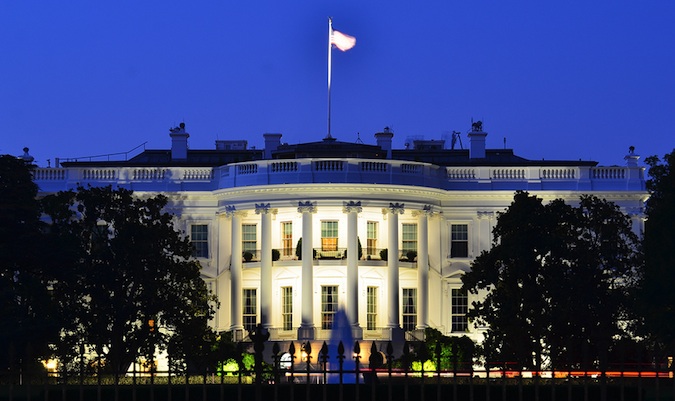A new strategy document released by the White House did not explicitly name China, but warned that foreign governments and firms had stepped up efforts to steal trade secrets, threatening US economic and national security.
“We will continue to act vigorously to combat the theft of US trade secrets that could be used by foreign companies or foreign governments to gain an unfair economic edge,” the strategy document says.
“Trade secret theft threatens American businesses, undermines national security, and places the security of the US economy in jeopardy,” it said, adding that such actions also “put American jobs at risk.”
The White House vowed to “apply sustained and coordinated diplomatic pressure on other countries to discourage trade secret theft.”
The strategy was made public a day after a report by American Internet security firm Mandiant said that a Chinese military cyberspy unit is targeting US and other foreign firms and organizations with hacking attacks.
A White House official earlier said that the new strategy “is not focused on any one country, nor is it focused on cybersecurity exclusively, though cyber does play an important role in the strategy.”
The plan was unveiled at an event attended by US Attorney General Eric Holder and by Victoria Espinel, the administration’s “Intellectual Property Enforcement Coordinator.”
It calls for greater coordination among different government agencies, for the private sector to be better informed about the risk of trade secrets theft and for stepping up intelligence and law enforcement efforts.
On Tuesday, the White House said it was constantly bringing up allegations of cyberspying with China at the highest levels, including with the military.
China has denied charges of state-sponsored hacking and said Mandiant’s claims had “no factual basis.”
A defense ministry spokesman also said there was no clear internationally agreed definition for what constitutes a cyberattack.
The latest cyber security scare has seen firms, including the New York Times and the Wall Street Journal, report attacks believed to emanate from China, and comes amid mounting concern over hacking as a military threat.
The latest classified National Intelligence Estimate identified China as the country most aggressively seeking to penetrate the computer systems of US businesses and institutions, the Washington Post reported this month.
The document, according to the Post, identifies energy, finance, information technology, aerospace and automotive companies as the most frequent targets of cyberattacks.
Outside experts have estimated the damage to the US economy in the tens of billions of dollars, the paper said.
In October, Defense Secretary Leon Panetta sounded the alarm about the growing threat of Internet attacks, warning of a “cyber-Pearl Harbor” and saying the military had amended its rules of engagement.
A Senate cybersecurity bill backed by President Barack Obama failed to pass twice last year, with civil liberties groups expressing concerns about privacy and Republicans fearing new regulations and an expanded bureaucracy.
In response, the White House said it would consider executive action to strengthen cybersecurity, and Obama returned to that theme in his State of the Union address last month.
“We cannot look back years from now and wonder why we did nothing in the face of real threats to our security and our economy,” he said.
